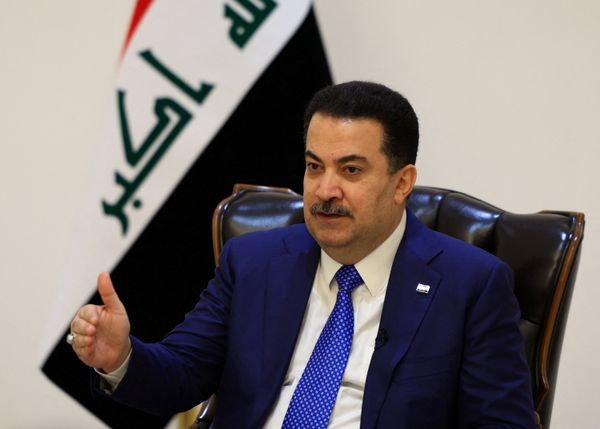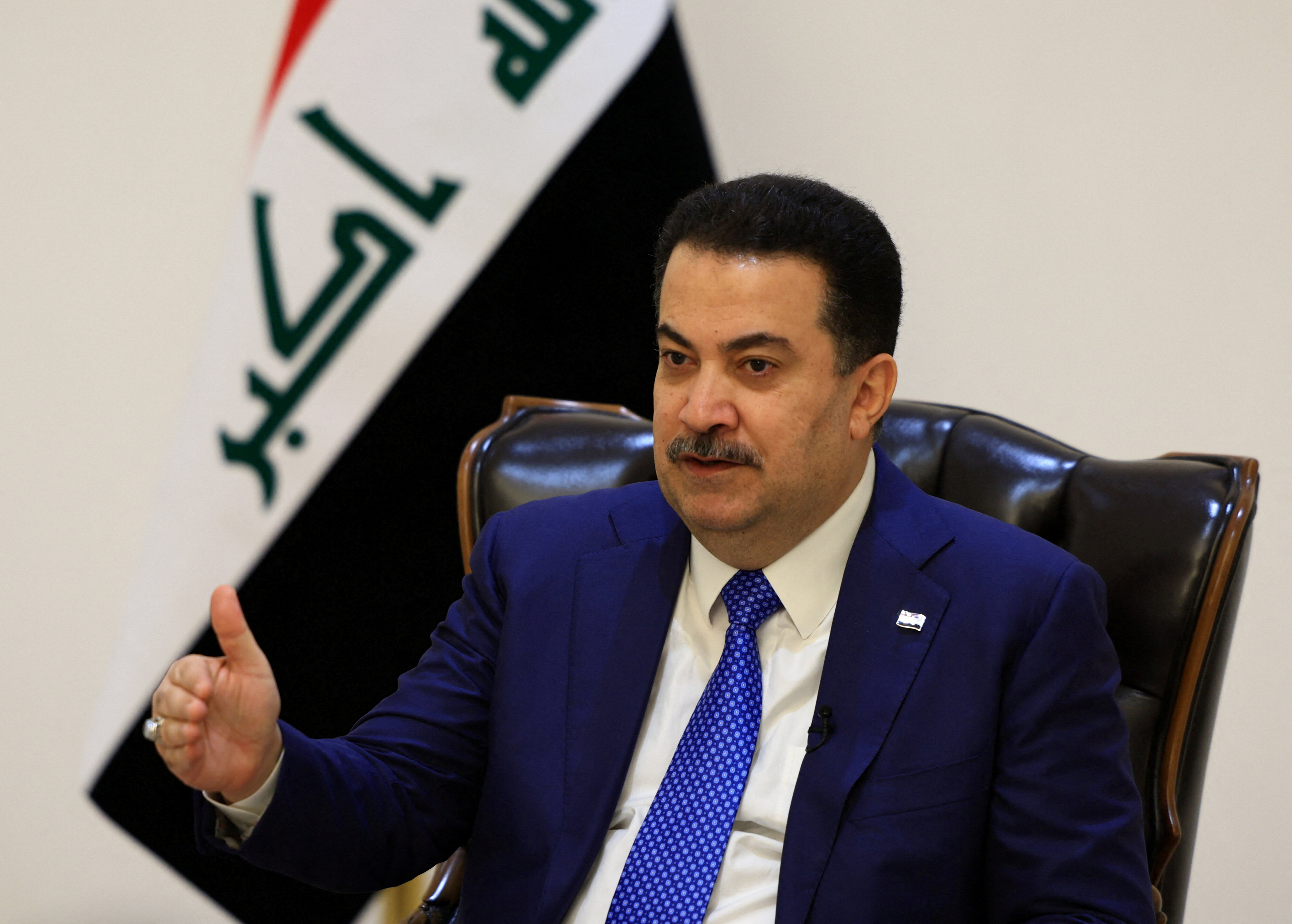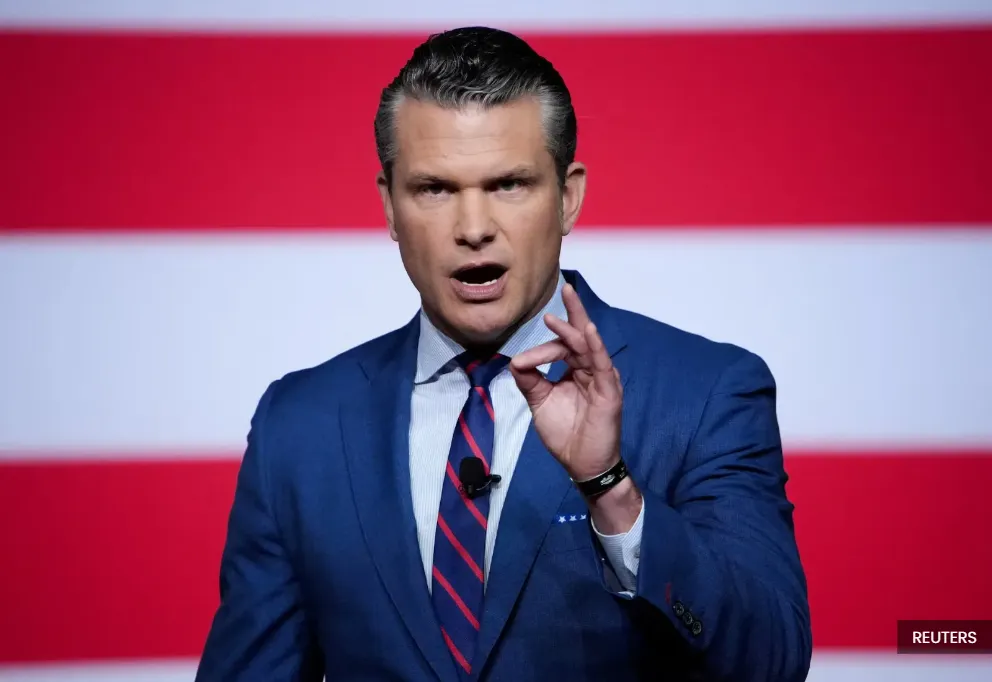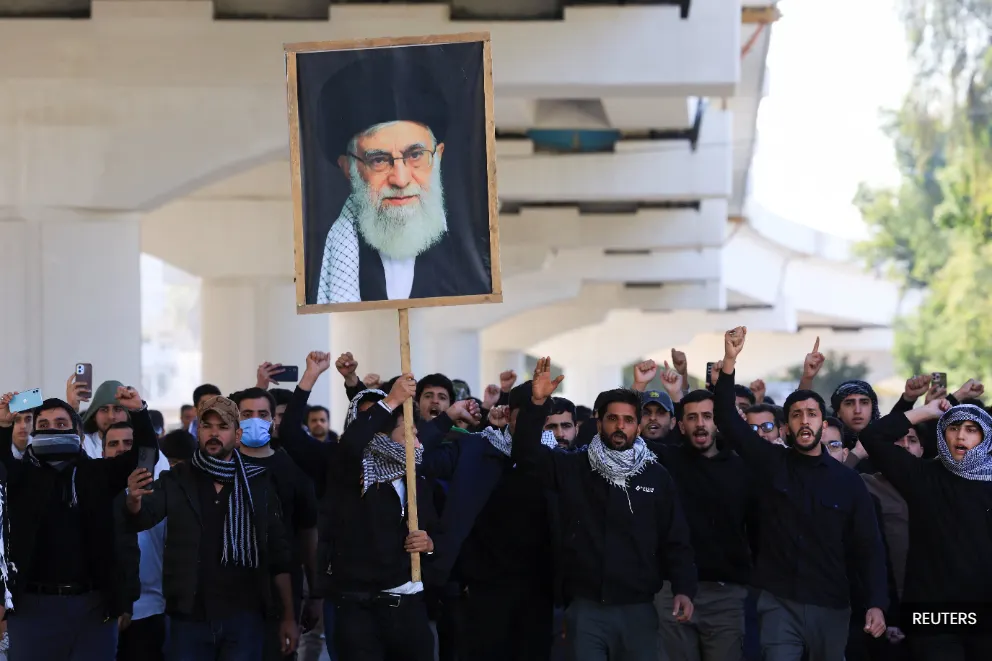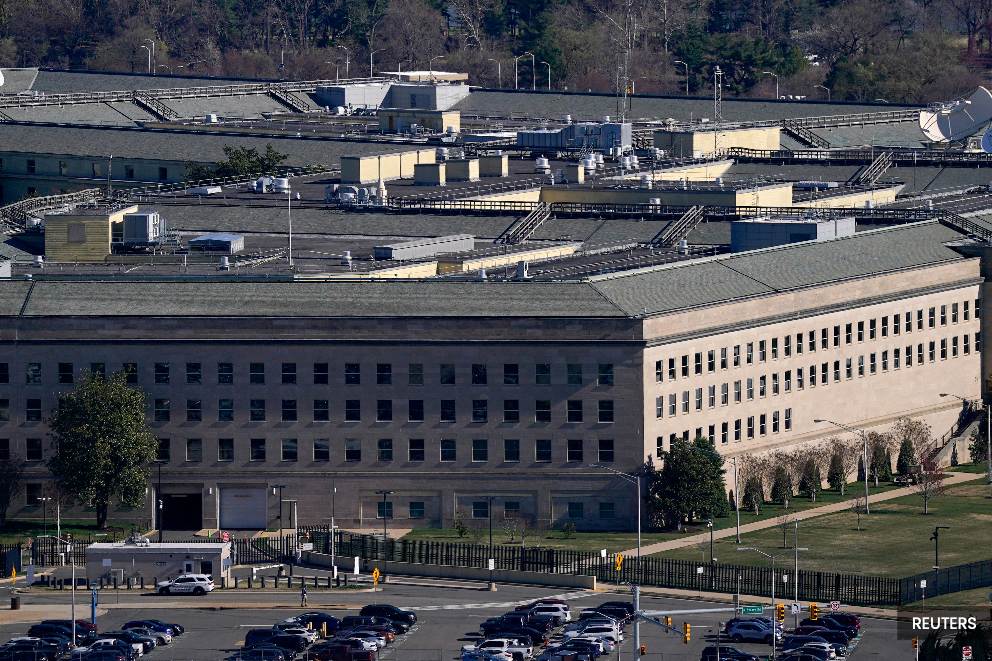BAGHDAD, Nov 4 — Iraq has pledged to bring all weapons under the control of the state, but that will not work so long as there is a United States-led coalition in the country that some Iraqi factions view as an occupying force, Prime Minister Mohammed Shia al-Sudani said yesterday.
He added that a plan is still in place to have the multinational anti-Islamic State coalition completely leave Iraq, one of Iran’s closest Arab allies, by September 2026, because the threat from Islamist militant groups had eased considerably.
“There is no ISIS. Security and stability? Thank God it’s there ... so give me the excuse for the presence of 86 states (in a coalition),” he told Reuters in an interview in Baghdad, referring to the number of countries that have participated in the coalition since it was formed in 2014.
“For sure there will be a clear programme to end any arms outside of state institutions. This is the demand of all,” he said, noting that factions could enter official security forces or get into politics by laying down their arms.
‘No side can pull Iraq to war’
Iraq is navigating a politically sensitive effort to disarm Iran-backed militias amid pressure from the US, which has said it would like Sudani to dismantle armed groups affiliated with the Popular Mobilisation Forces (PMF), an umbrella group of mostly Shia factions. The PMF was formally integrated into Iraq’s state forces and includes several groups aligned with Iran.
The US and Iraq have agreed on a phased withdrawal of American troops, with a full exit expected by the end of next year. An initial drawdown began this year.
Asked about growing international pressure on non-state armed groups in the region such as Lebanon’s Hezbollah, part of Iran’s so-called Axis of Resistance created to counter US and Israeli influence in the Middle East, Sudani said:
“There is enough time, God willing. The situation here is different from Lebanon. Iraq is clear in its stances to maintain security and stability and that state institutions have the decision over war and peace, and that no side can pull Iraq to war or conflict,” said Sudani.
Shia power Iran has gained vast influence in Iraq since a US-led invasion toppled Saddam Hussein in 2003, with heavily armed pro-Iranian paramilitary groups wielding enormous political and military power.
Successive Iraqi governments have faced the challenge of keeping both arch-foes Iran and the US as allies. While the US slaps sanctions on Iran, Iraq does business with it.
Securing major US investment is a top priority for Iraq, which has faced severe economic problems and years of sectarian bloodletting since 2003.
US companies increasingly active in Iraq
“There is a clear, intensive and qualitative entrance of US companies into Iraq,” said Sudani, including the biggest ever agreement with GE for 24,000MW of power, equivalent to the country’s entire current generation capacity, he said.
In August, Iraq signed an agreement in principle with US oil producer Chevron, for a project at Nassiriya in southern Iraq that consists of four exploration blocks in addition to the development of other producing oil fields.
Sudani said an agreement with US LNG firm Excelerate to provide LNG helped Iraq cope with rolling power cuts.
Sudani praised a recent preliminary agreement signed with ExxonMobil, and he said the advantage of this agreement is that for the first time Iraq is agreeing with a global company to develop oilfields along with an export system.
Sudani said US and European companies had shown interest in a plan for the building of a fixed platform for importing and exporting gas off the coast of the Grand Faw Port, which would be the first project there.
Sudani said the government had set a deadline for the end of 2027 to stop all burning of gas and to reach self-sufficiency in gas supplies, and to stop gas imports from Iran.
“We burn gas worth four to five billion (dollars) per year and import gas with four billion dollars per year. These are wrong policies and it’s our government that has been finding solutions to these issues,” he said.
Sudani is running against established political parties in his ruling coalition in Iraq’s November 11 election and said he expects to win. Many analysts regard him as the frontrunner.
“We expect a significant victory,” he said, adding he wanted a second term. “We want to keep going on this path.”
Sudani said he believed this year’s elections would see a higher turnout than last year’s roughly 40 per cent in parliamentary polls, which was down from around 80 per cent two decades ago.
Sudani campaigns as Iraq’s builder-in-chief
He has portrayed himself as the builder-in-chief, his campaign posters strategically laid out at key sites of Baghdad construction, including a new dual-carriageway along the Tigris in the centre of the capital.
He ticks off the number of incomplete projects he inherited from previous governments — 2,582, he said — and notes he spent a fraction of their initial cost to finish them.
Many Iraqis have been positive about the roads, bridges and buildings they have seen go up, helping to somewhat alleviate the choking traffic in the city.
But it has come at a cost.
Sudani’s three-year budget was the largest in Iraq’s history at over US$150 billion (RM630.67 billion) a year.
He also hired about one million employees into the already-bloated state bureaucracy, buying social stability at the cost of severely limiting the government’s fiscal room for manoeuvre.
“I am not worried about Iraq’s financial and economic situation. Iraq is a rich country with many resources, but my fear is that the implementation of reforms is delayed,” Sudani said.


